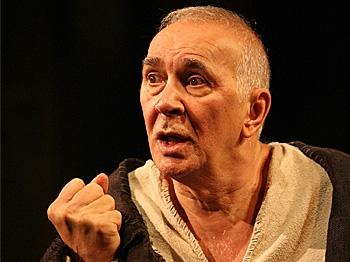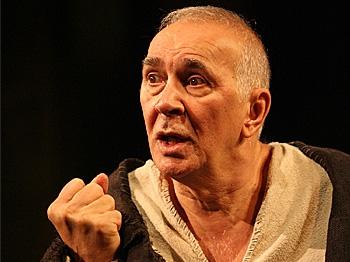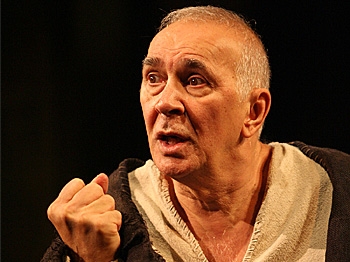In 1529 England, King Henry VIII (Patrick Page) wants to divorce his first wife, Catherine of Aragon, so he can marry his mistress, Anne Boleyn. Catherine has not been able to give Henry a son, something he needs to ensure the continuation of his royal line. But in order to divorce Catherine, he first needs permission from the leader of the Catholic Church, i.e. the Pope, a permission that is not forthcoming. Angrily, the King takes steps to circumvent the situation through a series of laws proclaiming him Supreme Head of the Church of England, and basically severing all connection with Rome.
Standing (figuratively) in the way of the King’s plan is Sir Thomas More (Frank Langella), chancellor of England. A former barrister and profoundly religious man, he refuses to give his consent to such a scheme without the church’s sanction and commits perhaps the ultimate act of civil disobedience when he resigns his position in protest.
While Henry certainly does not need More’s approval, it is something he desperately wants as Sir Thomas is a much-admired man as well as a sort of personal conscience for the King. Despite More’s effort to stay silent on the issue, Henry, through his intermediaries, is determined More sign an oath supporting the marriage. As the situation worsens, more and more pressure is brought to bear on More, as those who were once his allies are forced to turn against him for their own survival.







